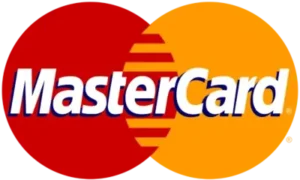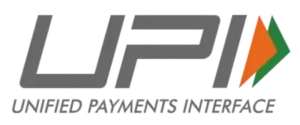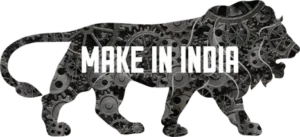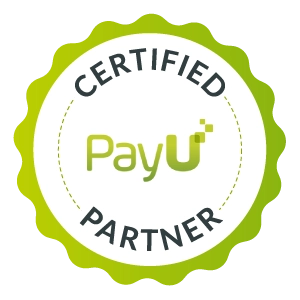Digital Marketing Career: A Complete Roadmap to Career Development in Digital Marketing
Introduction
Digital Marketing Meaning and Definition: Digital marketing comprises numerous strategies and techniques to promote products, services, or brands through digital means. It uses websites, social networking platforms, search engines, emails, and mobile programs etc. as its sources. As the landscape continues to broaden, digital marketing has emerged as a necessity for the effective expansion of any organization.

Career Development in Digital Marketing in 2024
What is Career Development?: Career development is more than just climbing the corporate ladder; it’s about becoming more skilled, more knowledgeable, and a more well-rounded individual. In the realm of digital marketing, keeping up with the latest trends and news is not an option.
Getting Started: Fundamental Understanding to Enhance Career Development in Digital Marketing
What Is the Need Right Now to Get Started with Digital Marketing?: To succeed in the digital marketing business, a basic understanding of the following concepts is required:
Search Engine Optimization: Learn how to optimize websites to rank high in search engine results. Get familiar with keyword research, on-page SEO, and link-building, etc.
Search Engine Marketing: Familiarize yourself with Bidding for advertisers on search engines as well as major players like Google and Bing. Discover bidding techniques, advertising target strategy, and effective campaign restructuring.
Social Media Marketing: Utilize major platforms such as Facebook, Instagram, Twitter, and Instagram. Discover how to create engaging material, evaluate metrics, and conduct effective ad campaigns.
Content Marketing: The Art of Storytelling on the Internet. Learn how to create blog entries, videos, and information visuals. Learn how to create a content calendar, identify an ideal target market, and disseminate information.
Email Marketing: Automation and A/B Testing. Learn about email automation, how different emails are segmented into groups, and how A/B testing is conducted. This course covers powerhouse businesses like Mailchimp and HubSpot.
Analytical: Learn how to use Google Analytics and Facebook Insights. Get insights into how knowledge leads to data-driven decisions.
Specializations
As one progresses in their digital marketing career, he can then choose to specialize in more specific aspects. Some of the key specializations include:
Content Marketing
You can decide to be a storyteller.
Some of the skills you need to learn are blog writing and video production, and content strategy.
Social Media Management
Mastering social media platforms is one of the things you can do.
You can also create shareable content and learn how to build a brand presence.
Paid Advertising
Diving deeper into search engine marketing so that you can optimize paid campaigns.
Known platforms in this category include Google Ads, Facebook Ads, and more.
SEO Specialist
You can decide to focus on the organic search you may focus on improving website visibility.
Key skills needed include staying updated on search engine algorithms and their best practices.
Email Campaigns and Automation
Develop skills such as creating effective email campaigns such as personalization and segmentation and A/B testing.
You can also learn some of the marketing automation tools.
Web Analysis and Data Science
Develop some skills in data analysis such as interpreting metrics, and tracking user behavior so that you can make some data-driven decisions.
Some of the tools include Google Tag Manager and Hotjar.
Skill Acquisition
Mastering Key Skills
As you move further in your digital marketing SEO career, the following key skills may be essential:
Data Analysis
You should be able to understand some analytic metrics on a website: also analyzing website traffic can include the usage of some tools like Google Analytics and Google Data Studio.
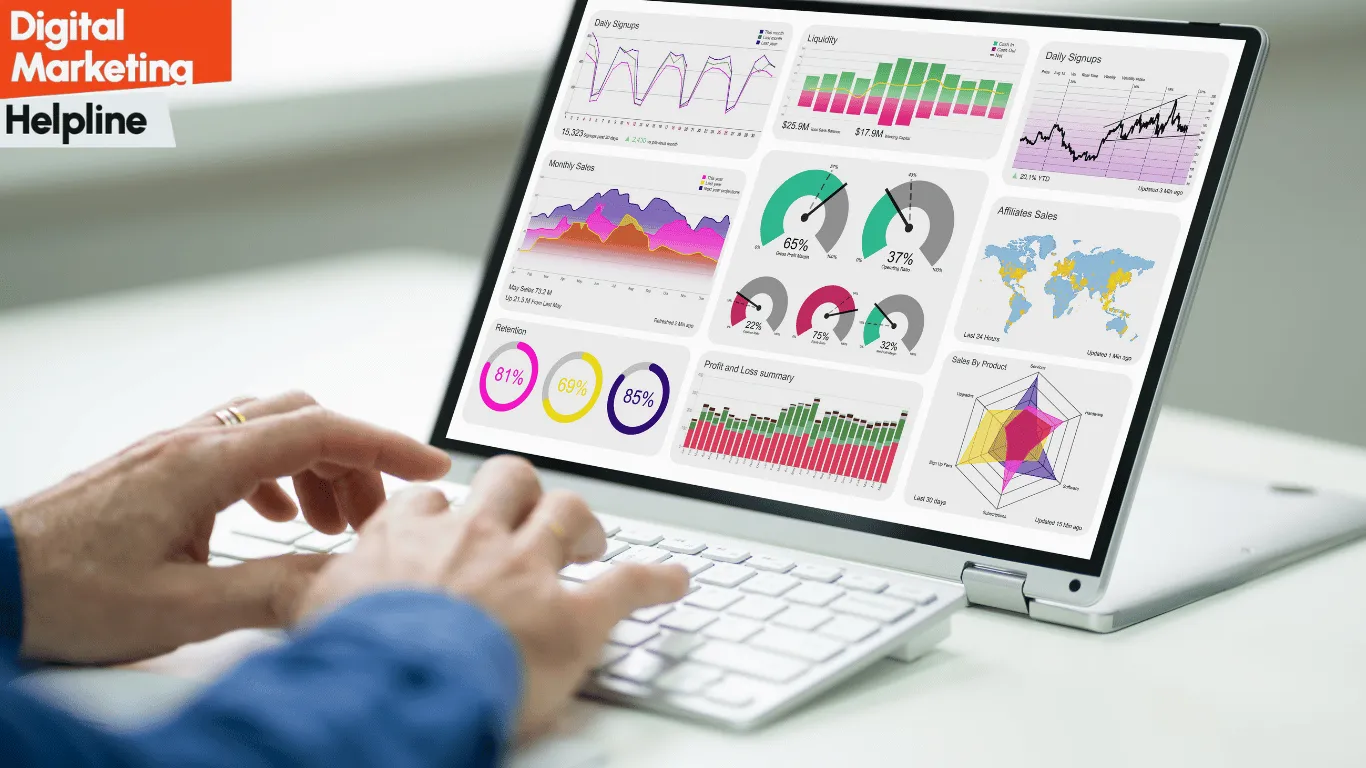
Copywriting
Develop the necessary skills for crafting convincing content. Some of the content categories include writing persuasive ad copy and writing an effective email campaign, among others.
Graphic Design Basics
Thrive to develop a very basic understanding of design principles. This will help you create a simple but visually captivating graphic post on various social platforms.
Project Management
As you progress in your digital marketing SEO, acquire some project management skills. Some of the skills to acquire or have include project organization where you can develop the timelines and allocate some resources. Controlled trials, as well as tracking some key results. For example, one can use a tool like Trello or Asana.
Continuous Learning
Concerned with continuous learning, this can be done by following up with the industry blogs.
Moreover, webinars and you may also join an online community.
Networking
Networking with other professionals will also expand your knowledge. Because, in the end, these are the skills that will make you a well-rounded digital marketer! Ready to level up? 🌟🔍 The best way to do this is to start from the next section, where we will talk about gaining practical experience. Get ready!

Internships, Freelancing, and Side Projects
Practical Experience is Key to Working in Digital Marketing! Here’s How to Get Your First Experience in this Field:
Internships: The thing is to find an internship in a digital marketing agency or a marketing department of a company. You will be able to learn practical skills, work on real projects, and get your first portfolio!
Networking and Mentorship
Connecting with Industry Experts to fast-track career development in digital marketing
Networking is an important part of digital marketing. Here is how you can quickly build your network:
- Attend conferences or webinars: participate in events, listen to the speakers, and participate in discussions. Consider following up with other participants.
- LinkedIn and social media: make sure that your LinkedIn profile is complete, connect with other professionals, join relevant groups, and discuss topics.
- Find a mentor: search for experienced professionals who can help you and share advice. Do not hesitate to write them first.
Open Projects
Piece of advice: make sure to look for opportunities when you can collaborate with other marketers or entrepreneurs. It can significantly improve your skills and give new viewpoints.
Staying Informed
Keeping Up with the Trends
To do so:
- Industry blogs and newsletters: Take a look at what bloggers on Moz, Neil Patel, and HubSpot write. Follow the changes in algorithms and new features.
- Podcasts and webinars: listen to podcasts and webinars to get recent insights.
- Speaker events: locate conferences and other speaker events to participate in. Start discussions with people to share each other’s opinions.
Measuring Metrics and KPIs
To measure your success’s success, consider the following key metrics:
- Website Traffic: How many people visit your site. How they do this (source and type of search: organic, social, direct), and how they behave there (e.g., bounce rate, average session time).
- Conversion Rates: How many of your visitors do what you’d like them to do on your site, such as sign up, make a purchase of your products or download.
- Return on Investment (ROI): Just how much revenue you earn from your marketing activities. It will depend on how much it cost you to run the campaigns.
- Keyword Rankings: Tools help you track where your site ranks for certain keywords. In fact, you should aim to promote the search engine results pages.
- Social Media Engagement: Include likes, share, commentary and follower evolution statistics. Measure the effect of your social media action.
- Email Metrics: Open / click rates and conversion and business value.
- Public Review of Different Headlines and Material
In Conclusion: Start Your Digital Marketing Journey!


